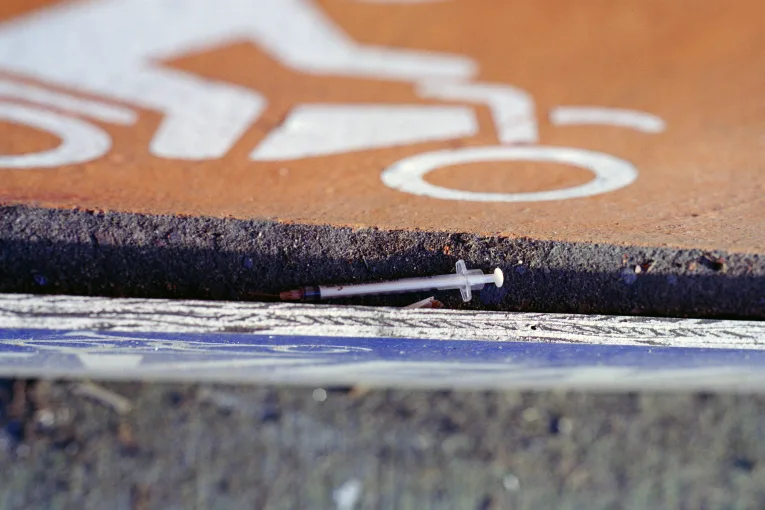Washington, DC – Fair and Just Prosecution (FJP) voiced strong opposition to the House of Representatives’ recent approval of the Halt All Lethal Trafficking of Fentanyl (HALT) Act. The organization argued that the bill reinforces the failed strategies of the “War on Drugs” and ignores evidence-based solutions to the ongoing overdose crisis.
The HALT Act, which passed with a vote of 312 to 108, aims to permanently classify all fentanyl-related substances as Schedule I drugs and expands mandatory minimum sentences. Critics, including FJP, are concerned that the legislation lacks provisions for substances that may be inert or possess medical value.
Amy Fettig, Acting Co-Executive Director of FJP, stated, “Our nation has spent trillions and destroyed millions of lives in pursuit of harsh penalties, yet the results have been devastating—an exploding prison population and an increasingly dangerous drug supply.” She added, “This bill does not prioritize saving lives; instead, it serves as a form of political posturing that undermines community well-being.”
Fettig emphasized the need for a shift in focus: “Congress should redirect its efforts toward viable solutions that include treatment, harm reduction strategies, and overdose prevention, rather than focusing on incarceration.” She urged the Senate to reject the HALT Act, declaring, “We need real solutions that can save lives and foster healthier communities.”
As the bill moves to the Senate, advocates are calling for a reevaluation of drug policy strategies. Fettig concluded, “Our communities deserve a better approach—one that prioritizes expanding access to treatment and harm reduction services over outdated and ineffective punitive measures.” The debate over the HALT Act has sparked renewed discussions around the need for comprehensive drug policy reform


“Fettig emphasized the need for a shift in focus: “Congress should redirect its efforts toward viable solutions that include treatment, harm reduction strategies, and overdose prevention, rather than focusing on incarceration.” She urged the Senate to reject the HALT Act, declaring, “We need real solutions that can save lives and foster healthier communities.”
Harm reduction . . . is not.
Why not? You should read, Chasing the Scream, best explanation I have read of how harm reduction works…
Harm reduction is a public health approach aimed at minimizing the negative consequences of certain behaviors, particularly those related to drug use, rather than focusing solely on prohibition or abstinence. It acknowledges that risky behaviors will continue to some extent and seeks to reduce their harmful effects on individuals and society.
Common harm reduction strategies include:
• Needle exchange programs to prevent the spread of diseases like HIV and hepatitis.
• Supervised injection sites where individuals can use drugs under medical supervision to reduce overdoses.
• Medication-assisted treatment (MAT) for opioid addiction, such as methadone or buprenorphine.
• Fentanyl test strips to detect dangerous substances in street drugs.
• Safe sex education and condom distribution to prevent sexually transmitted infections.
The philosophy behind harm reduction is pragmatic and rooted in public health rather than moral judgment. Critics argue that it enables risky behaviors, while proponents say it saves lives and provides a bridge to treatment and recovery.